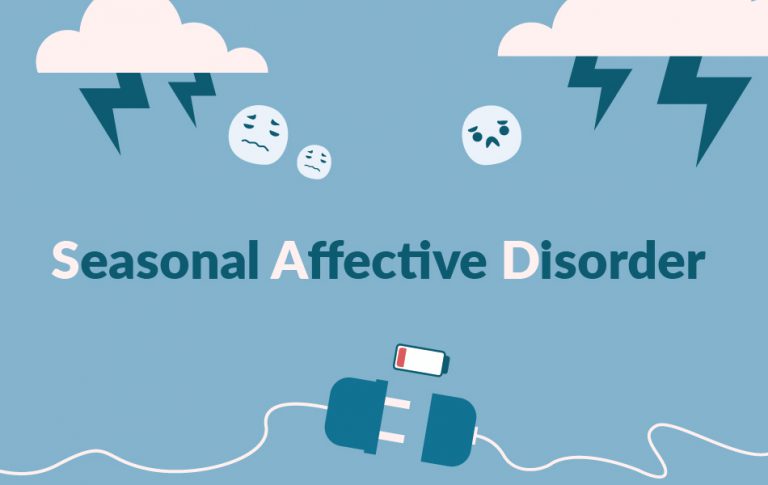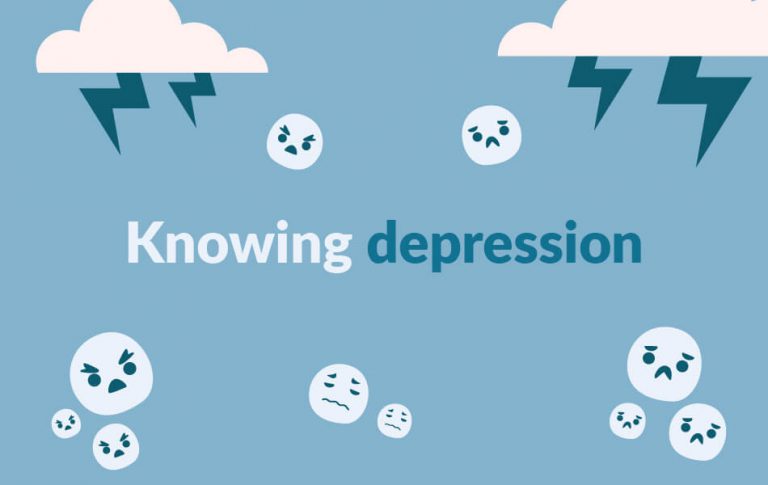Does the idea of meeting new people terrify you? Are you highly self-conscious in social situations? Do you often feel as though everyone is constantly judging you?
Does your anxiety about being around people make it hard for you to do everyday things?
If you’ve answered yes to any of the questions above, then it’s likely you have Social Anxiety Disorder. Also referred to as social phobia, this condition is marked by an intense, unrelenting fear of being under constant scrutiny from others in a social setting.
Feeling this way all the time will make seemingly ordinary things – like going to work or popping off to the supermarket – an absolute nightmare. However, it is possible to achieve a better quality of life with a social anxiety disorder if you learn to manage the related symptoms properly.
Social anxiety disorder is one of the most prevalent types of psychiatric disorders amongst South Africans. The South African journal of psychiatry estimates that a person has a 2.8% chance of being affected by social anxiety disorder during their lifetime.
This is usually followed by substance abuse and mood disorders in adults, to make matters worse. On their website, they stated: “According to the Diagnostic and Statistical Manual of Mental Disorders, 5th Edition (DSM-5), characteristic symptoms of SAD include intense fear of embarrassment, humiliation and negative evaluation when in the company of unfamiliar people or when exposed to possible scrutiny by others in social situations. This usually leads to avoidance of these feared situations, which can, in turn, interfere with social and career functioning.2” Read the article.
Children exposed to early childhood trauma can be predisposed to develop a social anxiety disorder or panic attacks. Although the onset of social anxiety disorder might only start showing in later years or early adulthood.
Read on to find out how you can lower your social anxiety to achieve a better quality of life in social environments.
What is Social Anxiety Disorder?
As mentioned above, Social Anxiety Disorder is a mental health condition characterised by an intense phobia of social situations. It goes beyond ‘normal’ shyness. Your everyday life is affected to the point where it becomes difficult to go to work or school and even establish relationships with others.
Considered a type of anxiety disorder, people suffering from social anxiety will commonly feel overly anxious and fearful when meeting new people or just being around people in general. In fact, it’s the fear of being judged, rejected, and humiliated that lies at the root of this particular type of anxiety.
The body’s physical response during these bouts of anxiety includes increased heart rate, tense muscles, feeling dizzy, stomach issues (including diarrhoea), and shortness of breath. People with social anxiety disorder have described feeling out of control of their bodies when this happens. As a result, it often leads to social withdrawal to avoid anxiety altogether.
Other complications of the condition include low self-esteem, poor social skills, substance abuse as a means of coping, extreme sensitivity to criticism, trouble maintaining interpersonal relationships, and low achievement rates at work or school.
The root cause of social anxiety
Fear is usually the root cause of social anxiety. It is the fear of being judged by others, ourselves, and that we don’t fit into society’s norms. This fear triggers our fears of embarrassment, something all people want to avoid. Let’s face it, no one likes to be embarrassed. Especially not amongst friends, family or our peers. Several people can think back to when they felt singled out, judged or criticised.
Your environment can also play a role in developing social anxiety. Some speculate that social anxiety may also be learnt behaviour. Parents who model anxious behaviour in social settings are rubbing off on children. As the saying goes, “Children are like sponges” they take in more than we care to realise.
The amygdala structure in the brain may also be a factor as it controls your internal fear response. People with an overactive amygdala typically have a heightened fear response which is a cause of social anxiety.
This fear can at some point manifest and begin to wreak havoc on relationships, daily routines, work, school or other social activities. Signs and symptoms typically start showing in the mid-teens. However, it can sometimes begin surfacing earlier in a person’s life. People with this condition constantly analyse their performance and identify internal flaws after a social encounter. This leads to avoiding social environments altogether, which is certainly not good as it has been proven that humans need social interactions.
Physical symptoms of a social anxiety disorder include:
- Racing heart
- Blushing
- Sweating
- Trembling
- Nausea
- Lightheadedness
- Muscle tension
- Blank memory
Everyday social situations people avoid with anxiety disorder
Social anxiety disorder symptoms can change over some time. These symptoms tend to manifest when the individual is under a lot of stress. Avoiding social encounters in the short term might seem beneficial. If left untreated, the anxiety symptoms are more than likely to continue until they are dealt with.
- They have trouble starting conversations
- They struggle to make eye contact
- Struggle in relationships with their spouse
- Going to school or work is a dreadful event
- Some people struggle to eat in front of others
- They completely isolate themselves from social gatherings
- They struggle to interact with strangers
Risk factors of social anxiety disorder
Several factors might be at play in the development of social anxiety disorder, including:
Negative experiences
Children who experience bullying at school, rejection from peers, or general teasing may be more prone to develop social anxiety. Adverse life events that cause stress such as a dysfunctional family setting where the child is exposed to constant fighting can also have an impact.
Hereditary factors
If a social anxiety disorder is in the family, it can develop due to the fact that it can be hereditary. Consider your family history and take action based on the results.
Work or new social demands
Important work presentations in front of a large crowd may trigger social anxiety disorder for the first time. As we’ve mentioned, It typically starts in the teenage years. Still, it could be triggered later on in life due to social or work environments and demands.
Having an appearance that draws attention
By this, we mean, if you, for example, have a facial disfigurement, a stutter or facial twitch, some people might likely stare at you. Staring makes you self-conscious, which can trigger social anxiety in some people.
Complications of this disorder
If social anxiety is left untreated, it can build up to a point where you feel controlled by your disorder. Stress can interfere with several elements such as work, school, relationships and life in general.
The condition can also cause:
- Underdeveloped or poor social skills
- Very low self-esteem
- Troubles with being assertive
- Negative self-talk
- Low enjoyment of life
- Substance abuse
- Employment achievements
- Hypersensitivity to criticism
Where to begin
It’s pretty hard to miss the signs of social anxiety disorder because of the intense physical effects it has on a person. For example, sweating, blushing, feeling nauseous, rigid posture, and the inability to make eye contact when faced with anything involving people. These, along with the continued avoidance of social situations, are critical red flags that the person could be struggling with social anxiety disorder.
So what can be done if you or someone you know shows these symptoms?
Fortunately, there’s no need to hide from the world for the rest of your life because treatment is available. This usually takes the form of psychotherapy or medication, or sometimes a combination of the two. In this way, you are guided through the process of taking back control when it comes to the thought patterns and fears that feed your anxiety. However, a diagnosis is critical before treatment can begin. This is to rule out that your condition isn’t related to another health problem.
When to get help
When you avoid social gatherings, feel depressed or have low self-esteem because of anxiety, we suggest you seek help. If you are unsure whether or not you have an anxiety disorder, take our quiz, which will guide you in the right direction. Receiving treatment for your social anxiety disorder is one of the best decisions and investments you can make.
Our team of professional psychiatrists and psychologists is committed to helping each patient on their path to mental wellbeing. The support provided is patient-specific and involves our entire staff contingent working together with each other, the patient, and the patient’s family and friends to provide the best care possible. Get in touch with us to discuss the way forward.







